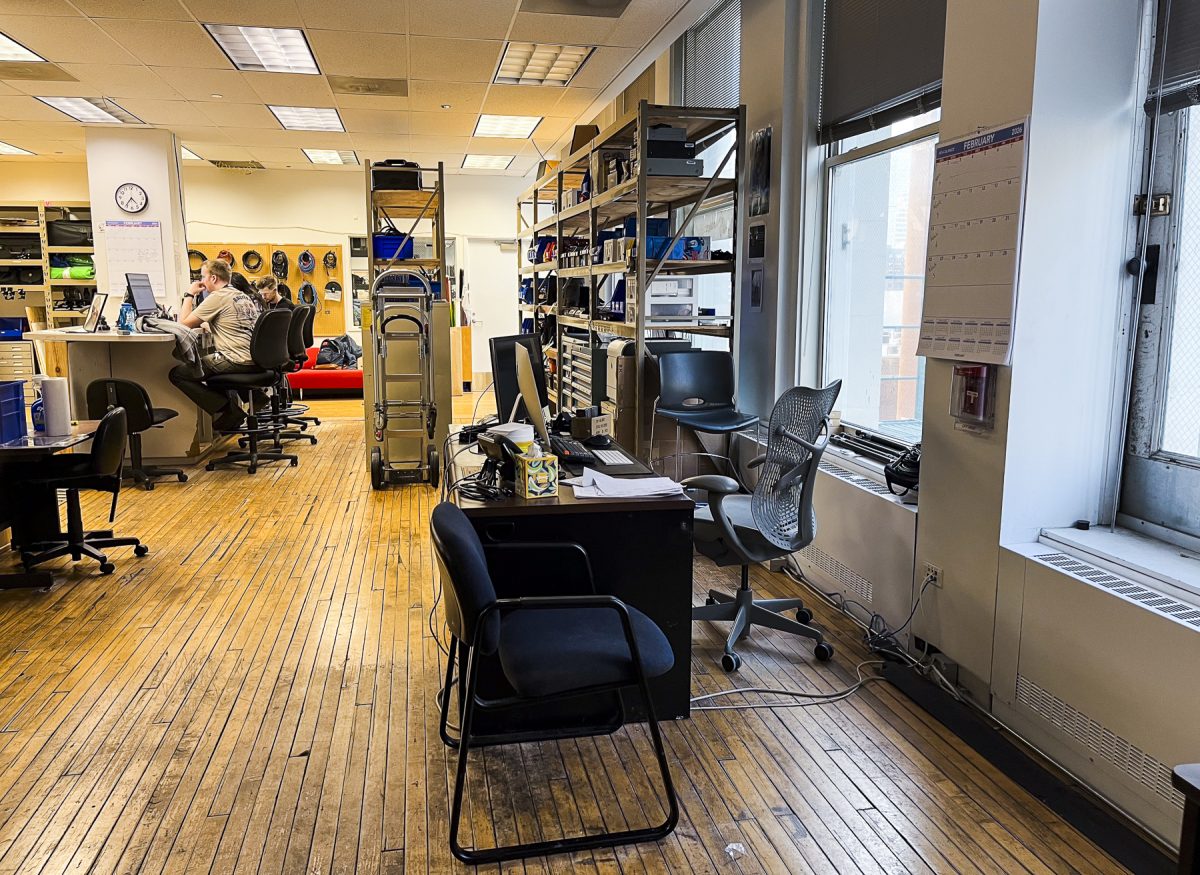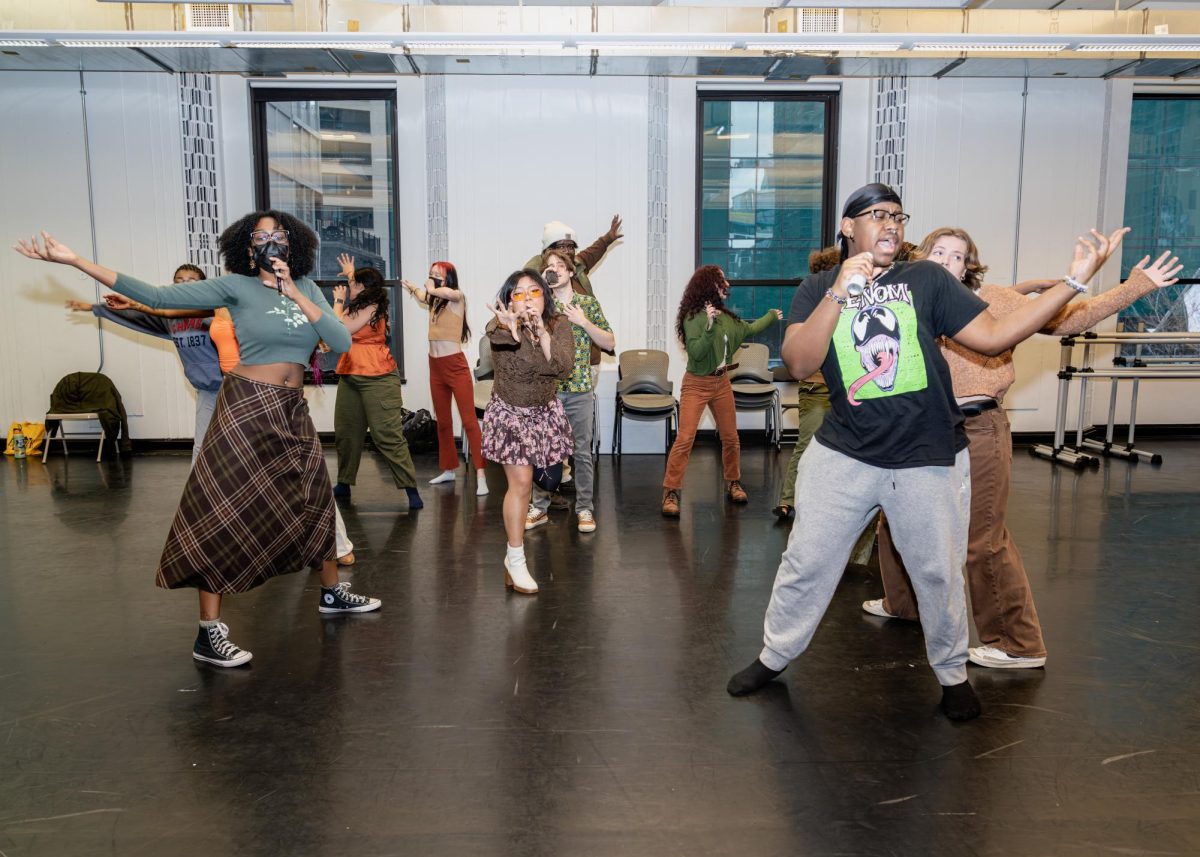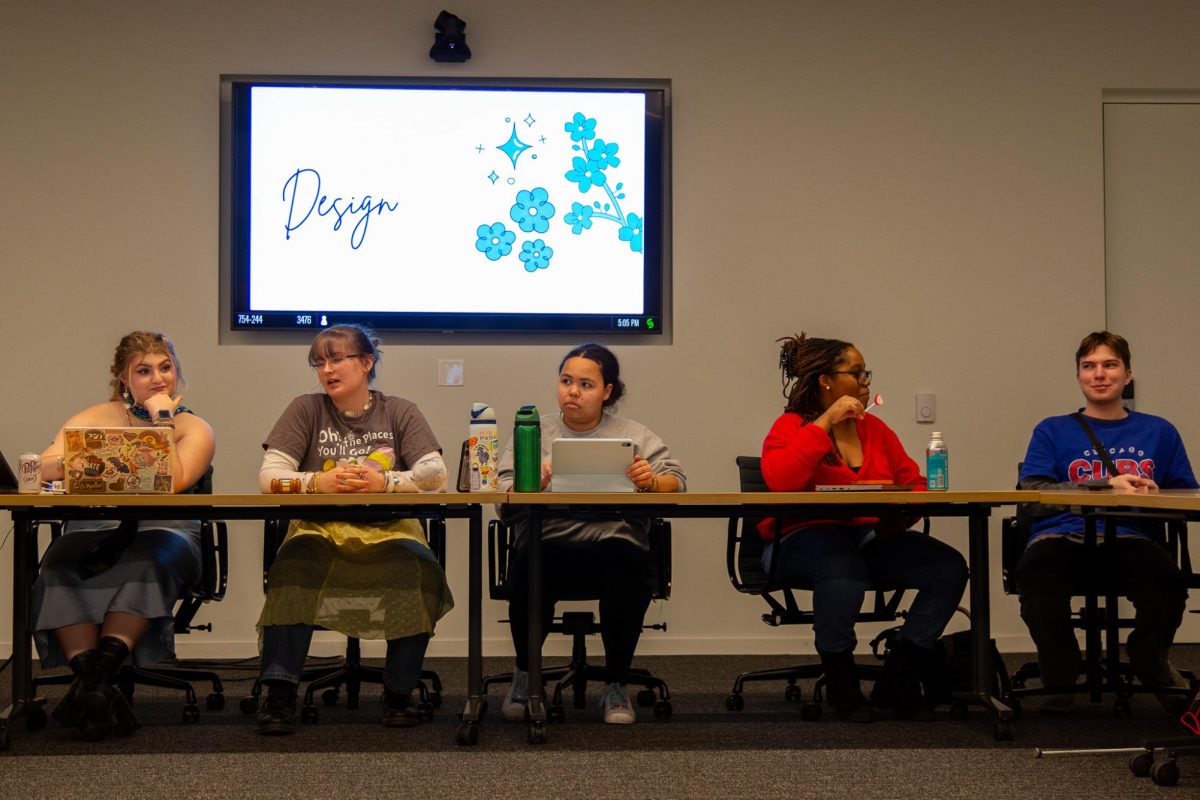The college is changing the names of its DEI initiatives.
“The acronym DEI has been poisoned,” said Rosita Sands, the college’s former special advisor for Diversity, Equity and Inclusion, whose title is now “special advisor of Academic Access and Excellence.”
Sands told the Faculty Senate on Friday, May 2, that Columbia’s DEI initiatives will continue but under new names.
“So we are standing firm on our principles and our commitments and our goals,” Sands said.
When the Chronicle checked earlier this week, all of the DEI links on the college’s website were showing up with error messages.
There is a new page dedicated to Academic Access and Excellence in place of the previous DEI page. This includes several terminology updates, including a section for Columbia’s revised “Non-discrimination, Access and Inclusion Mission Statement.”

The college will continue to require that students take six credits of “DEI” courses, which is how they are still listed in the new registration system.
But Sands said they will be relabeled to “inclusive perspectives and pedagogy” courses.
“We’re not changing anything in terms of our commitment or values,” Faculty Senate President Rojhat Avsar told the Chronicle. “What’s changing here is clarifying our intentions, and making the point that those practices are non-discriminatory.”
Columbia is trying to navigate carefully the U.S. Department of Education’s declaration that all colleges with race-conscious student programming, resources and financial aid risk investigation and losing federal funding.
At a campus town hall on March 13, Interim President and CEO Jerry Tarrer tried to reassure students, faculty and staff that President Donald Trump’s attacks on DEI and higher education would not impact the college.
Like Columbia is doing, many schools across the country have changed the names of DEI programming. The University of Pennsylvania recently scrubbed references to DEI from its offices, websites and policies, as well as the phrase “affirmative action,” rebranding it to “policy on equal opportunity.”
In Iowa, several schools including Iowa State University, University of Iowa and University of Northern Iowa have eliminated DEI offices and positions in an effort to avoid funding cuts.
Other schools have gone much further, eliminating DEI-focused resources and courses altogether.
Georgia Tech, where Columbia’s incoming president and CEO is from, announced in March that it would stop its DEI-related programs because of the Trump administration’s federal directives, the student newspaper, the Technique, reported.
At Columbia’s Faculty Senate meeting on Friday, Shantay Bolton, who takes over from Tarrer on July 1, said she was drawn to Columbia because the college is at a “very pivotal moment.”
“I just really want us to maintain an unwavering commitment to what it means to embody diversity, equity and inclusion, particularly at a time in which we are challenged by what labels, what we call things, as opposed to being truly committed in our values, to who we are impacted and the outcomes that come from that,” Bolton said in her first address to the senate.
Lambrini Lambrini Lukidis, associate vice president of Strategic Communications and External Relations, said that the updates discussed by Sands allows the college to articulate its commitment to create welcoming and nurturing spaces for all members of the college community.
“Access’ reminds us of the strength we derive through the unique experiences and perspectives that each of us brings to the college and the world. ‘Excellence’ focuses us on the power of our students’ voices and the importance of their creative expressions in shaping our collective future,” Lukidis said in an email to the Chronicle.
In a town hall meeting in March, Senior Vice President and Provost Marcella David said that the college doesn’t believe they are violating any laws with DEI, and they want to make it known that what Columbia is doing is “non-discrimination.”
“They need to be learning in environments where they can do, where they can be respectful, where they can feel authentic and being able to be themselves, where there’s a notion of inclusivity that is capital “I,” she said in reference to students. “We’re going to remain committed to that.
Christopher Shaw, a senator and associate professor in the School of Design, said he is concerned about how the wording changes will impact existing courses.
“The words we use really do matter, and I am worried that this renaming process is going to have a much deeper impact,” Shaw told the Chronicle after the meeting. “If we no longer have a designation for Diversity, Equity and Inclusion, do we know that classes that specifically name antiracism or social justice or equity in their titles will continue to be supported and welcomed?”
Copy edited by Trinity Balboa








